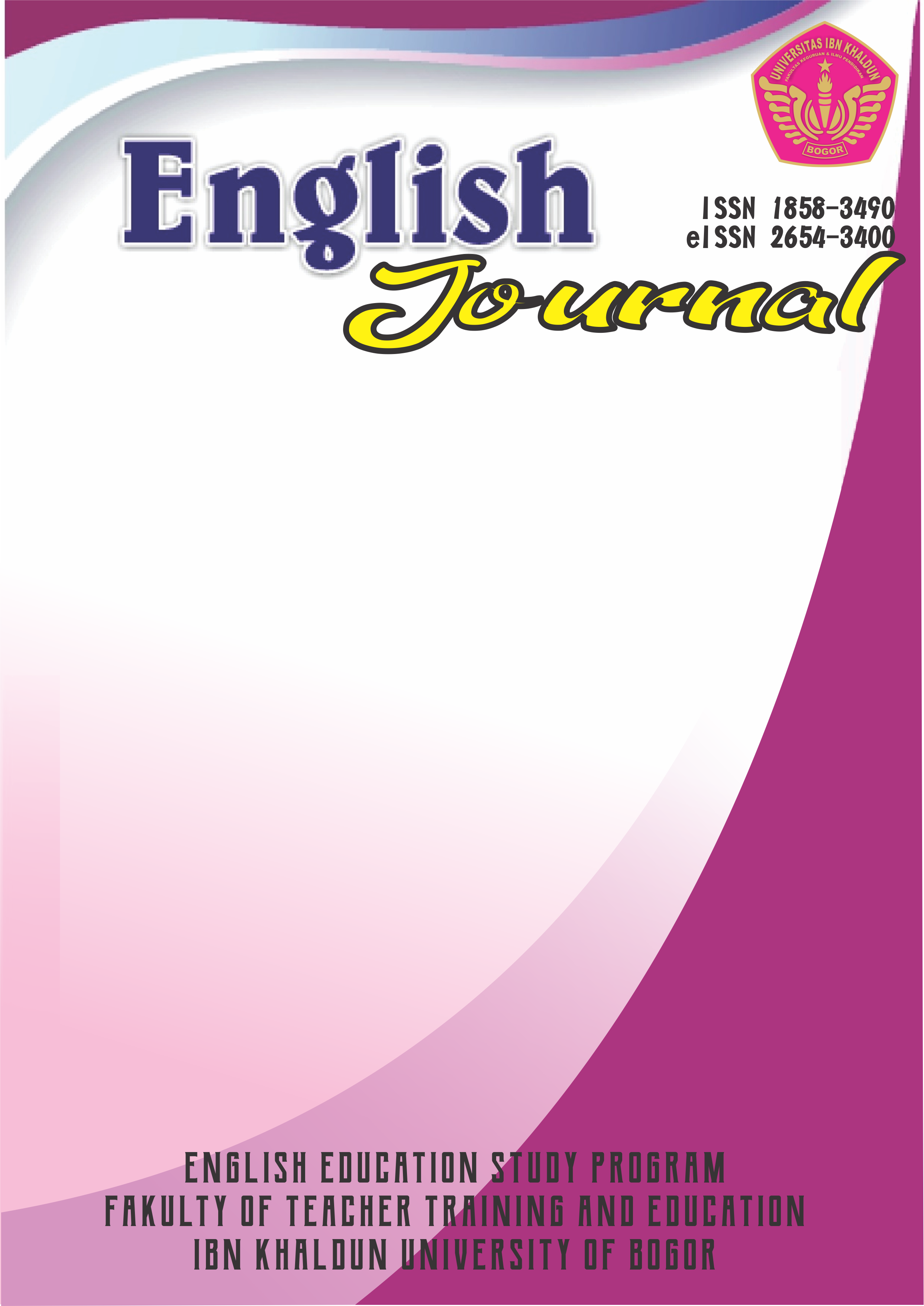WHATSAPP MEDIA IN ONLINE LEARNING DURING COVID-19 PANDEMIC
DOI:
https://doi.org/10.32832/english.v14i2.3792Abstrak
Since early of 2020 the world has been hit by a virus called the corona virus which was originated from the city of Wuhan, China. Corona virus is a microorganism that causes respiratory problems starting from mild to severe symptoms, the incubation or quarantine period is between 6 to 14 days. All activities are stopped, one of which is the Educational Institution. Schools cannot be implemented face-to-face, but schools must continue to run. Therefore, the Minister of Education and Culture of the Republic of Indonesia through Permendikbud No. 4 of 2020 provides a policy on a series of learning in an emergency situation of the spread of Covid-19, namely distance learning (PJJ) or online learning. Online learning using WhatsApp or the Learning Management System (LMS) media are almost used by teachers and students. This study uses a qualitative method to determine which platforms / media are easily accessible for online learning. The result shows that WhatsApp media is very easy to use in online learning during the pandemic-19. There is 75 % of the respondents use WhatsApp as learning media and only 25 % use LMS. In otherwise, some teachers also stated that online learning felt less effective because of internet signals and data.
Referensi
Amry, A. B. (2014). The impact of Whatsapp mobile social learning on the achievement and attitudes of.
Bower, M. D. (2015). Design and implementation factors in blended synchronous learningenvironments: Outcomes from a cross-case analysis. Computers & Education,86, 1-17.
Budi, S. R. (2012). Evaluasi Trend Kualitas Pendidikan di Indonesia. Jurnal Penelitian dan Evaluasi Pendidikan, 511-532.
Dewi, W. A. (2020). Dampak Covid-19 Terhadap Implementasi Pembelajaran Daring Di Sekolah Dasar. Jurnal Ilmu Pendidikan 2(1).
Djamdjuri, D. S. (2016). The Effectiveness of Character Education in English Language Teaching Through the Islamic Teaching Materials. Bogor: Pascasarjana Universitas Ibn Khaldun.
Djamdjuri, D. S., & Kirana , G. C. (2020). Memperkenalkan cara pengaplikasian komputer terhadap anak sekolah dasar (Ciampe udik,caringin jangkung). ABDI DOSEN , jurnal pengabdian pada masyarakat, 146-151.
Fanani, M. Z. (2018). Strategi Pengembangan Soal Hots Pada Kurikulum 2013. Edudeena Journal of Islamic Religious Education.
Gay, L. R., Mills, G. E., & Airasian, P. (2006). Educational Research Competency for Analysis andApplications, Eight Edition. Singapore: Pearson Prentice Hall.
Gunawan, N. M. (2020). Variations of Models and Learning Platforms for Prospective Teachers During the COVID-19 Pandemic Period. indonesian Journal of Teacher Education Vol. 1 No. 2, 61-70.
Kirlin, J. (2020). COVID-19 Upends Pandemic Plan. American Review of Public Administration, 50(6–7). https://doi.org/10.1177/0275074020941668, 467–479.
Pakpahan, R., & Fitriani, Y. (2020). Analisa Pemanfaatan Teknologi Informasi Dalam Pembelajaran Jarak Jauh Di Tengah Pandemi Virus Corona Covid-19. Journal of Information System Applied Management and Accounting Research 4(2).
Suryani, R. (2017). Fungsi Whatsapp Grup Shalehah Cabang Bandar Lampung sebagai Pengembangan Media Dakwah dalam Membentuk Akhlakul Kharimah, (Lampung ).
Syarifudin, A. S. (2020). Impelementasi Pembelajaran Daring Untuk Meningkatkan Mutu Pendidikan sebagai Dampak Diterapkannya Social Distancing. Metalingua Jurnal Pendidikan Bahasa dan Sastra Indonesia, 31-33.

















1.png)




